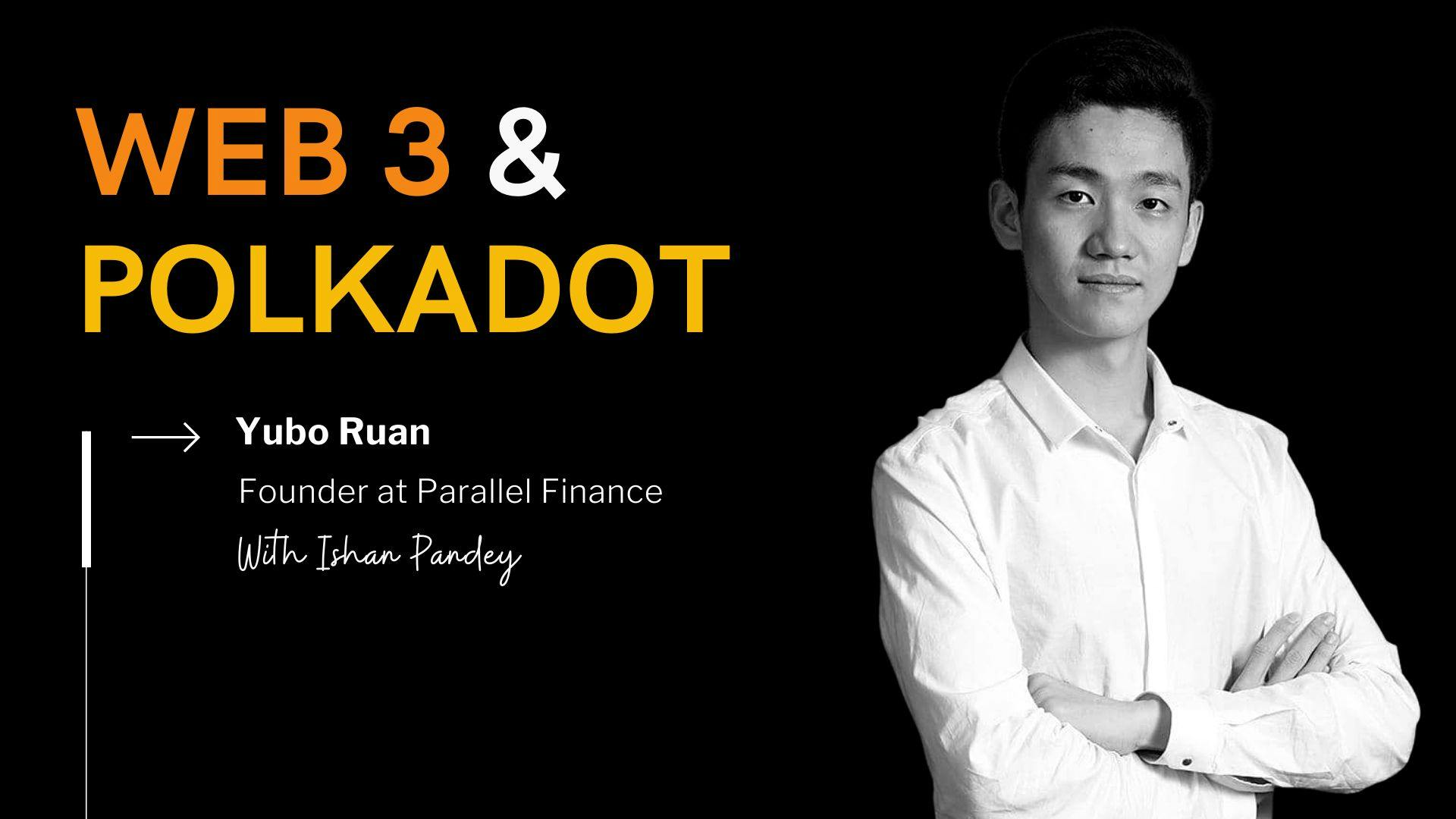270 reads
Understanding the Polkadot's DeFi Ecosystem with Yubo Ruan
by
March 6th, 2022
Audio Presented by

Building and Covering the latest events, insights and views in the AI and Web3 ecosystem.
About Author
Building and Covering the latest events, insights and views in the AI and Web3 ecosystem.
